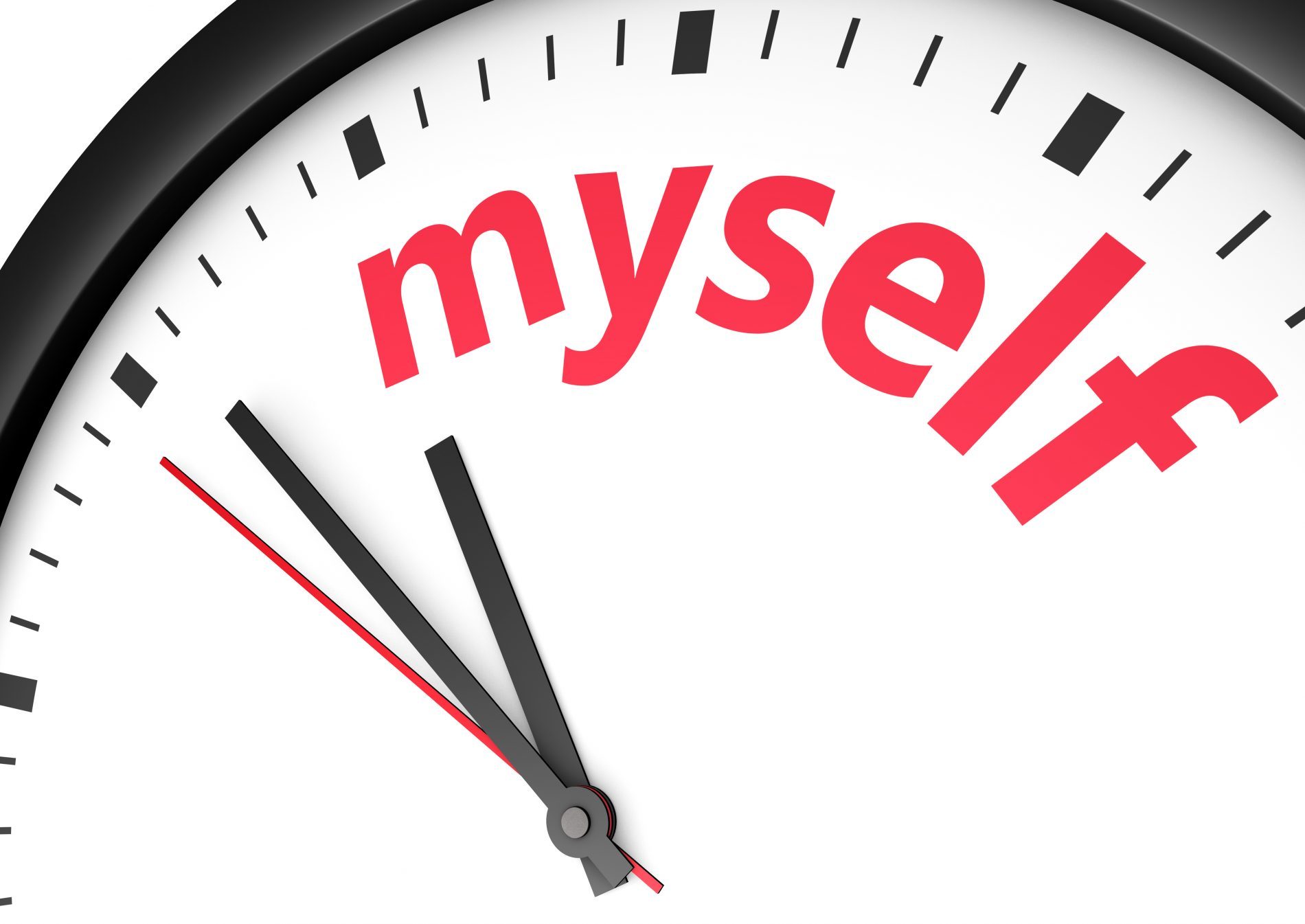There has definitely been more than enough negative social media coverage over the past few years regarding public breastfeeding.
What those people with negative comments probably don’t realize is that they are impacting the way some parents are raising their children.
Shaming a woman for feeding her child is the absolute last thing that should ever occur, yet it is still happening. Education and support for young families is vital to remove some of the stigmas that comes with breastfeeding an infant.
It is important to understand that the benefits of breastfeeding to mom and baby last a lifetime. Providing a newborn with the most perfectly composed breast milk provides them with such a wonderful opportunity to thrive, grow, and develop.
As compared to formula, which has a set nutritional composition, breast milk changes as the baby grows and their nutritional needs change. Early on, breast milk is higher in lactose (sugar) and water, and as the baby gets older, breast milk becomes higher in fat to support the baby’s growing caloric needs.
Possibly one of the most important benefits of breastfeeding is the fact that breast milk contains antibodies that aid in developing the infant’s immune system.
It has been reported that babies that are breast fed have fewer illnesses than babies that are formula fed. In addition, babies that are breast fed have a lower risk or developing diabetes, childhood cancer, osteoporosis, cardiovascular disease, obesity, allergies and asthma. It is also reported that there are fewer cases of sudden infant death syndrome (SIDS) in babies that are breastfed.
If that evidence is not convincing enough, then how about the fact that breastfed children tend to score higher on IQ tests and academic performances. The nutritional components of the breast milk and emotional bonding with mother help to promote cognitive development in infants.
The benefits of breastfeeding for the mother are also quite significant. The most obvious benefit would be the bonding time that is spent as the baby is nursed several times a day. In addition, it has been shown that mothers who breast feed have a lower risk of breast cancer and ovarian cancer later in life. Breastfeeding also helps gradually restore the body to its pre-baby weight as more calories are burned daily to produce a steady supply of breastmilk. It has also been reported that women who didn’t breastfeed or who stopped breastfeeding early on had a higher risk of developing postpartum depression.
What To Do If Breastfeeding Isn’t An Option
We can certainly appreciate the fact that not all new moms have the opportunity or the ability to breast feed their children. In that case, there are options for mothers to explore. One of those options is to look for milk donors, who are other women with a sufficient milk supply to pump and freeze their extra milk.
If this option is not available, then the next best thing would be to research organic formula options and choose one that best fits your comfort level. Remember to do some serious research on what the ingredients are in the formula you choose. Just because it is organic does not mean that it is suitable for your baby.
Jo-Anne Richardson has almost a decade of experience managing a chiropractic office and educating patients on how chiropractic can allow your body to express optimal health. She is a Registered Holistic Nutritionist and holds a Degree in Communications. She loves to experiment with raw vegan recipes, loves to salsa dance, travel and learn new holistic health information to share tips with everyone who visits the office.





 Lucie M.H. Fournier RN, COHN(C), BA (Psych)
Lucie M.H. Fournier RN, COHN(C), BA (Psych)